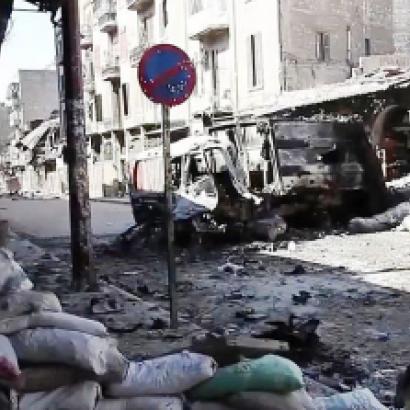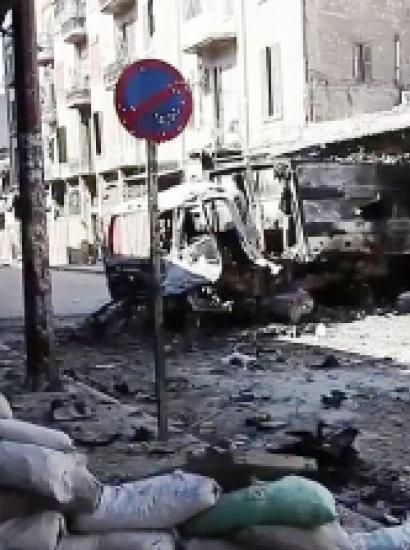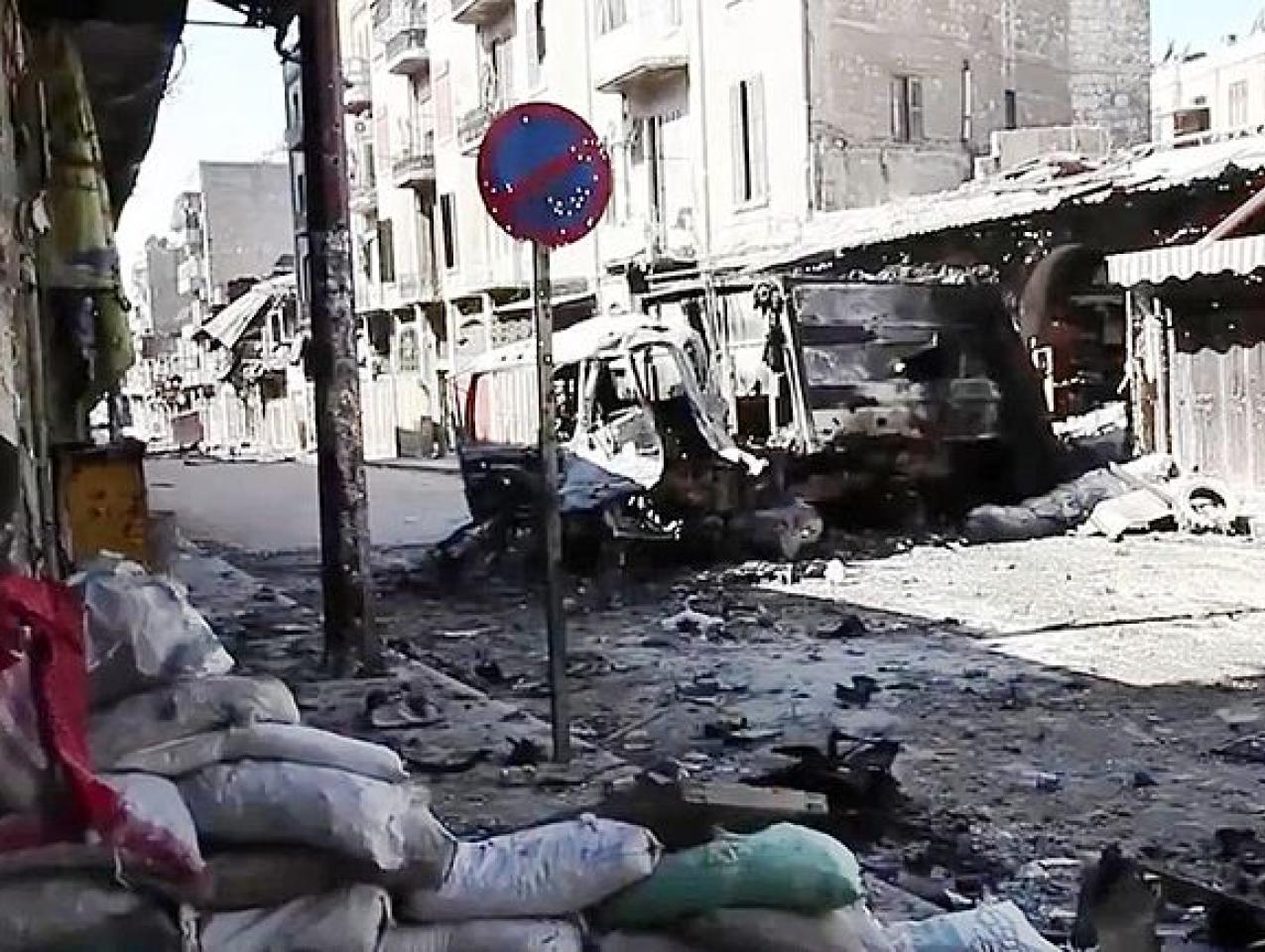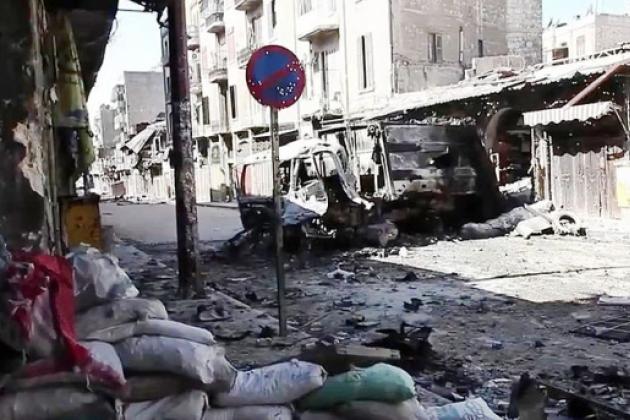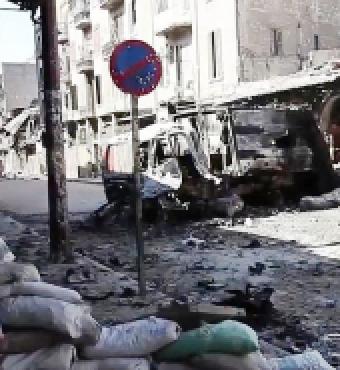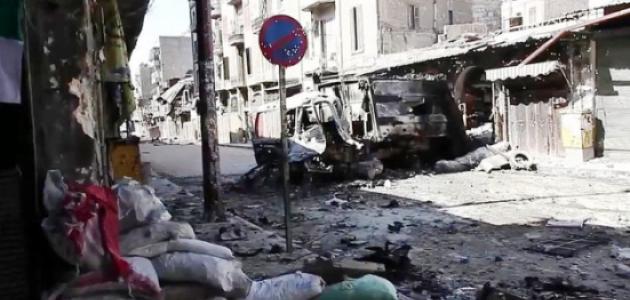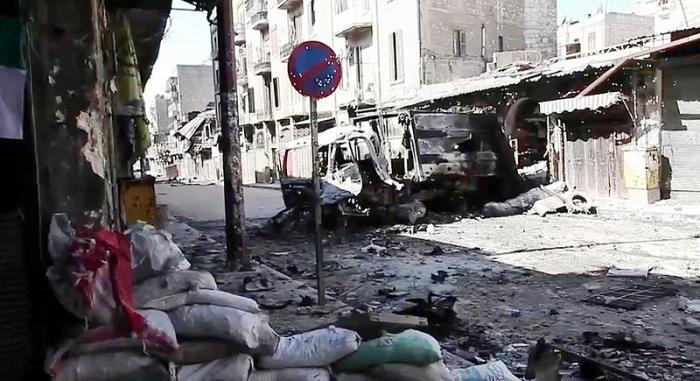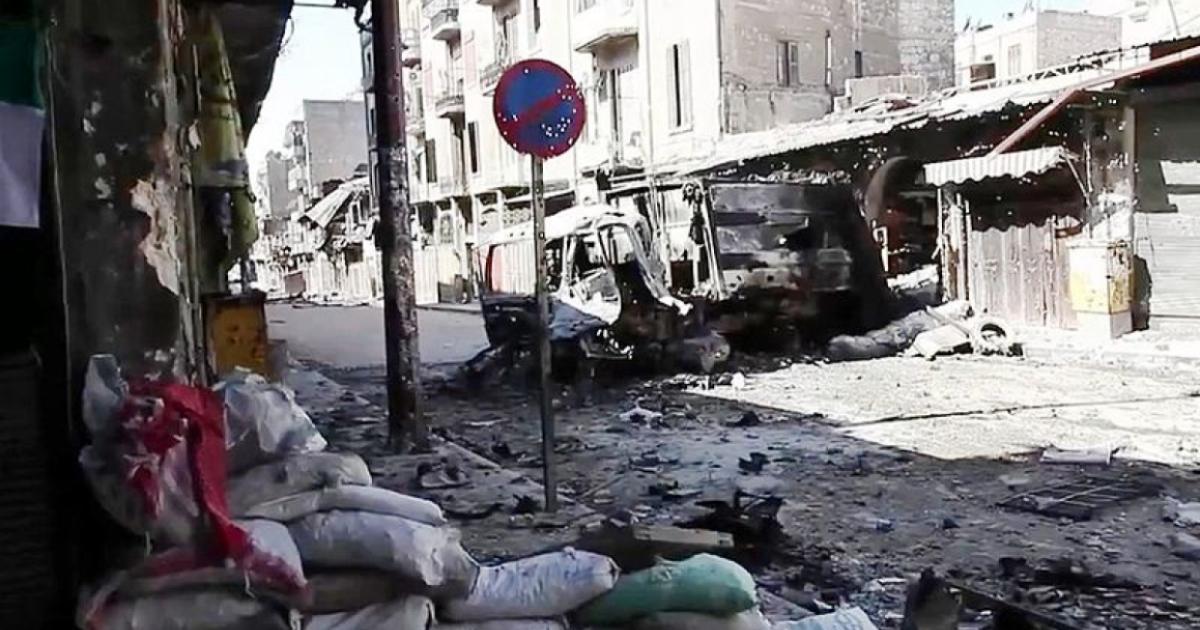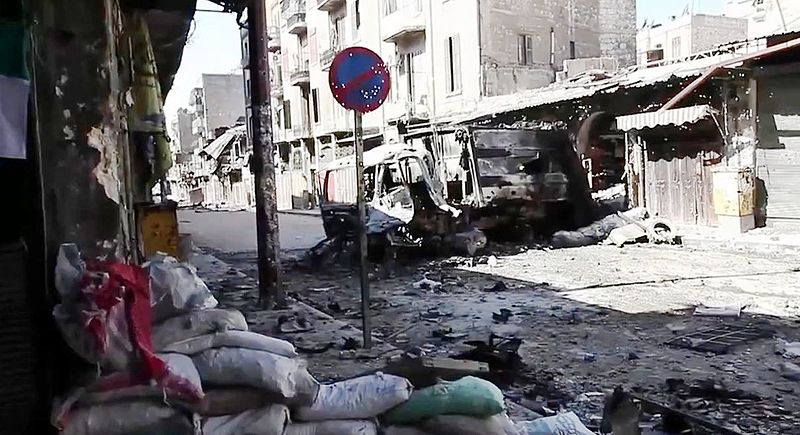
Should the United States intervene in Syria and, if so, to what extent? During the past few months, many Hoover fellows have weighed in on the debate; although all agree that the conflict is ruinous, they propose a wide variety of courses of action.
Some argue that the conflict in Syria is a tragedy that the United States should not ignore, as expressed by Hoover senior fellow Fouad Ajami in recent essays in Hoover’s Defining Ideas entitled “The Shame of Syria” and in Bloomberg entitled "Destroy Assad's Regime, or Hold Your Fire." This call for military intervention has become more explicit in the wake of a chemical weapons attack, with Hoover fellows and affiliates Fouad Ajami, Larry Diamond, Reuel Gerecht, and Tod Lindberg signing an open letter to President Obama, urging him to “use standoff weapons and airpower to target the Syrian dictatorship’s military units that were involved in the recent large-scale use of chemical weapons” as well as “consider direct military strikes against the pillars of the Assad.” In a similar vein, in a Q&A piece released by the Stanford Report, Hoover senior fellow Thomas Henriksen argues that, beyond any moral considerations, there are political factors for a military strike as well, commenting that “with Washington's ‘red line’ crossed by Syria's use of chemical arms, America almost has to strike or lose all credibility in the Middle East and beyond.”
Other fellows agree that the conflict in Syria is catastrophic but are less emphatic about the need for military intervention owing to the complicated political nature of the conflict. In a July editorial entitled “All We Can Do for Syria Now Is Donate to the Relief Effort,” Hoover senior fellow Timothy Garton Ash argued that “[w]ere politicians to address the political causes of Syria’s disaster, that would be more valuable than everything all the humanitarian organizations in the world can do. . . . But it’s simply not happening.” Garton Ash also suggests that the US government and people send humanitarian aid to Syria to allay the human casualties. A similar opinion was offered by Hoover research fellow Kori Schake in a May editorial entitled “A Strategy for Intervention in Syria: Help the Refugees,” writing that the West “should begin by focusing on refugees. . . . Such an intervention would have many advantages, first and foremost assisting the victims of the war. It would also staunch radicalization, develop opposition leadership, reduce pressure on Syria's neighbors, and prevent the Assad government from winning on its own terms–all while limiting US involvement in the intervention.” In a converging perspective from the Stanford Report, Hoover senior fellow Amy Zegart says, given that “[t]he intelligence community got the crucial WMD estimate wrong before the Iraq war . . . they absolutely don't want to get it wrong now. People often don't realize just how rare it is to find a smoking gun in intelligence. Information is almost always incomplete, contradictory, and murky.” One perhaps can extrapolate from this comment that, even with additional information about the chemical weapons attack, the Obama administration should tread carefully.
A contrasting opinion on the futility of military intervention was expressed by Hoover senior fellow Victor Davis Hanson in several pieces, including “Syrian Surrealities“ and “Intervention in Syria Is a Very Bad Idea.” In both pieces, Hanson emphasizes that, although the thousands of casualties are tragic, there is no guarantee that a US military intervention would improve the situation for most Syrians or ensure that chemical weapons are not used again. His suggested course of action? Again, send aid to Syrian civilians.







